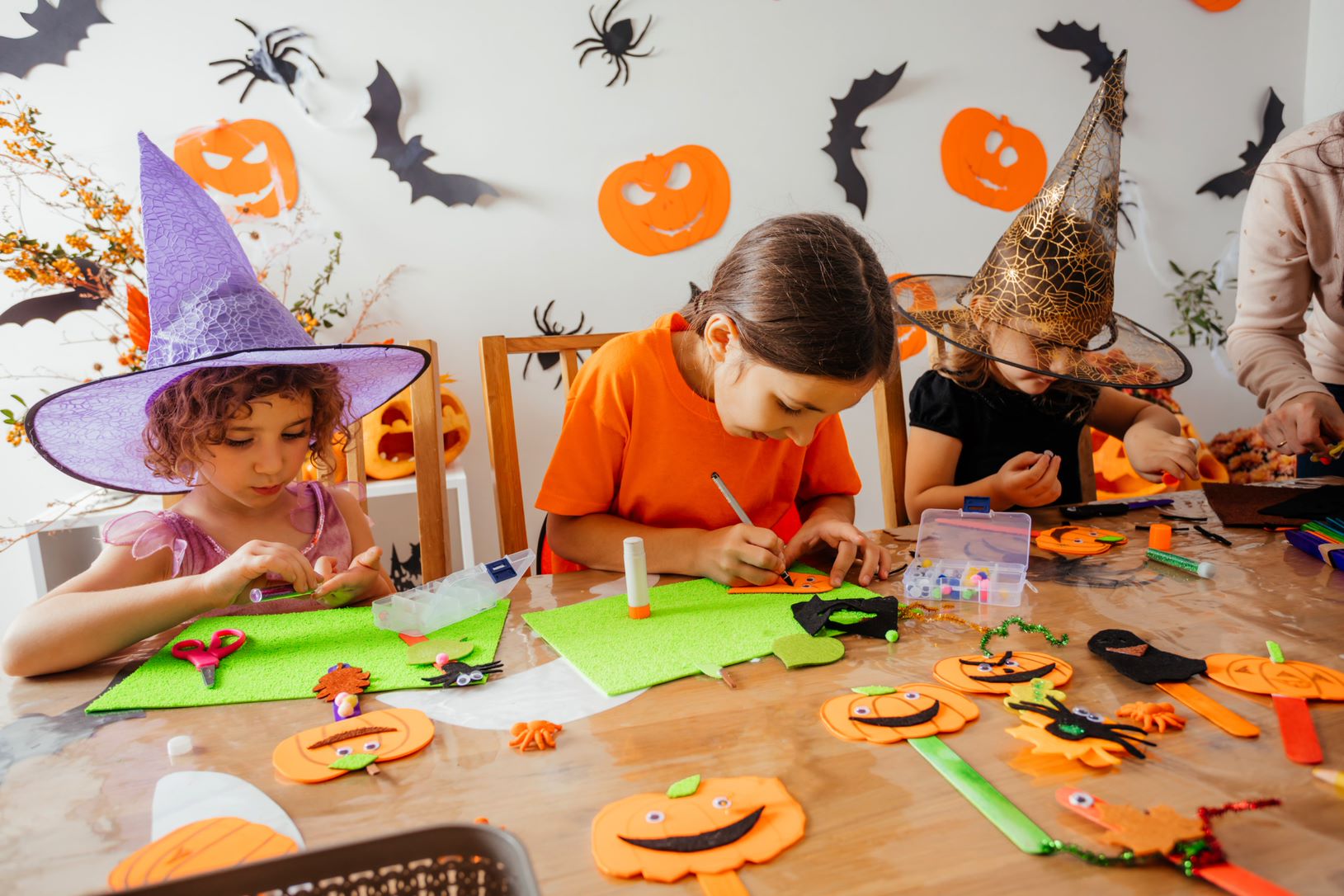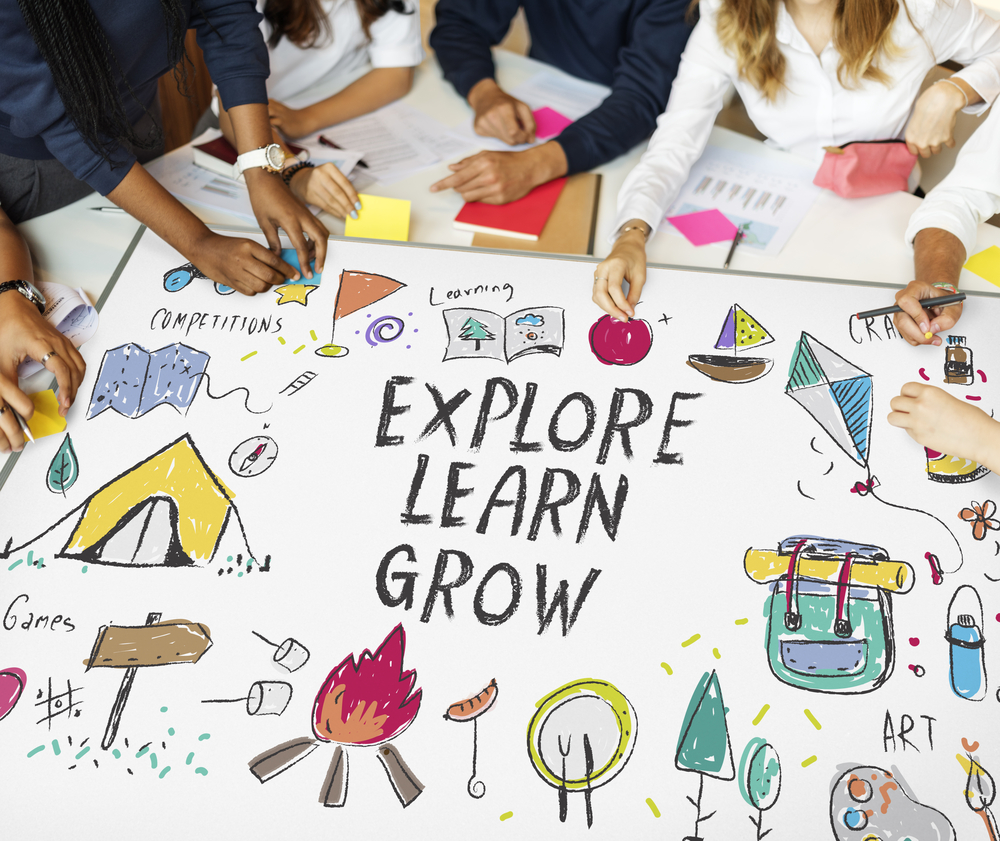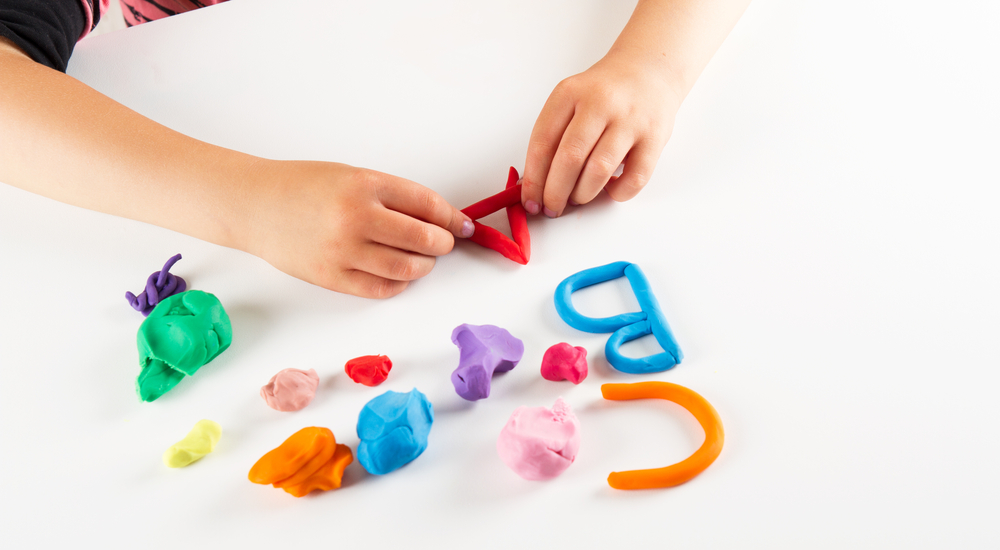Spatial awareness Worksheets for Ages 3-5
29 filtered results
-
From - To
Discover our engaging Spatial Awareness Worksheets designed for children ages 3-5! These printable resources help young learners develop essential spatial skills that are crucial for early math and problem-solving abilities. Through fun activities, children will explore concepts like position, direction, and distance, enhancing their understanding of the environment around them. Our worksheets promote hands-on learning, making it easy for educators and parents to guide kids through exciting exercises suitable for home or classroom use. Foster your child’s cognitive development and prepare them for future learning with our colorful and interactive spatial awareness worksheets! Get started today and watch their skills grow!
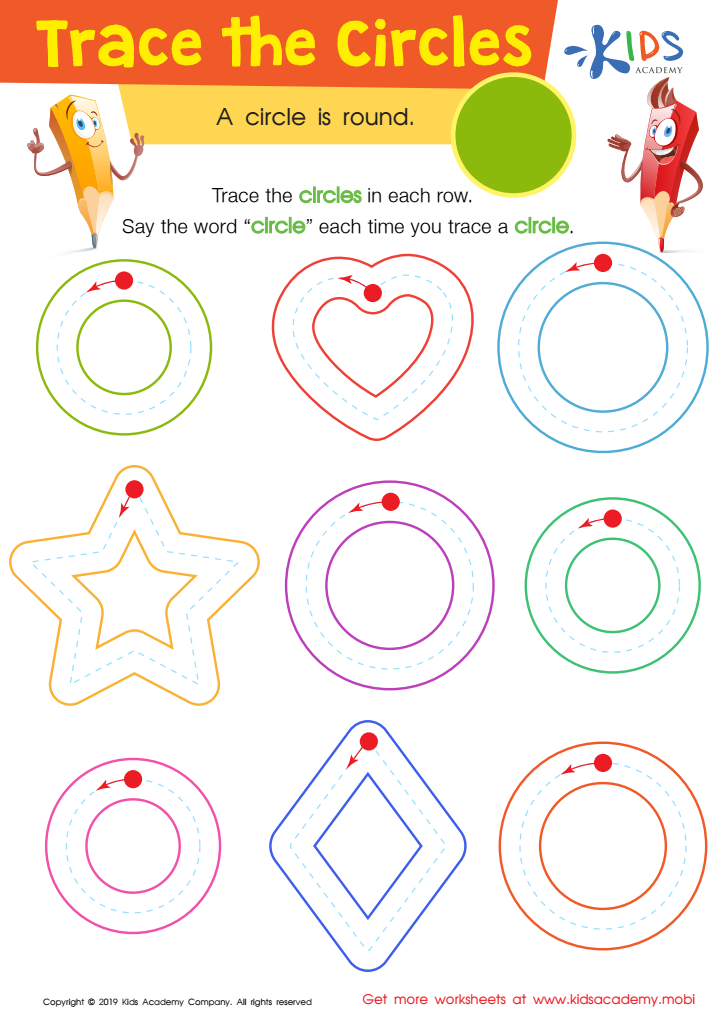

Trace The Circles Worksheet
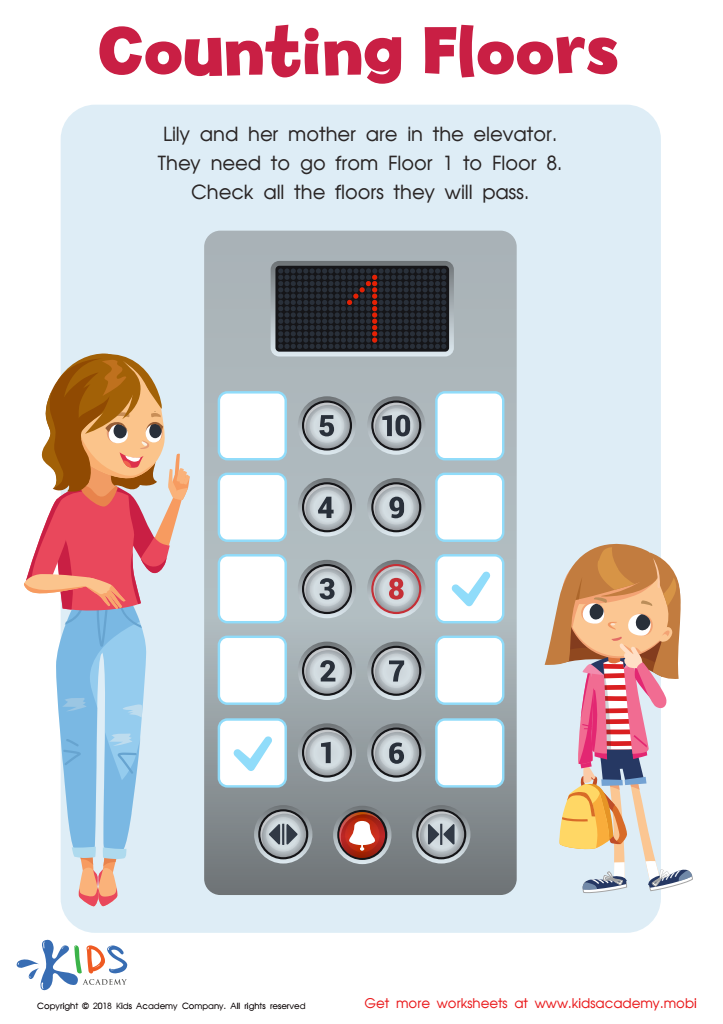

Counting Floors Worksheet
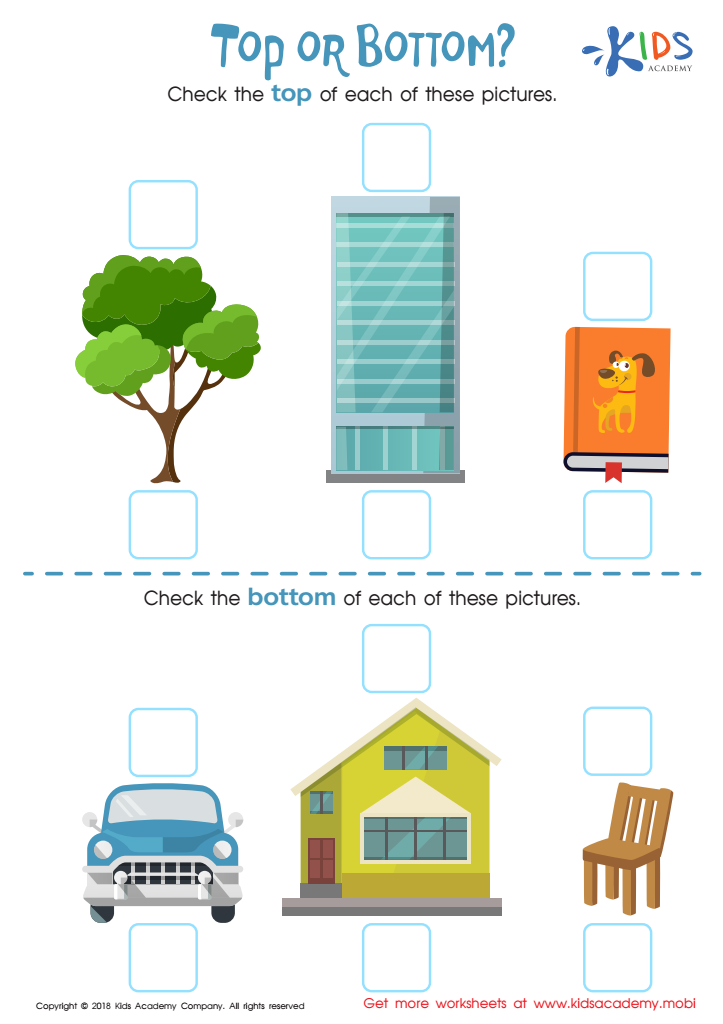

Top or Bottom Worksheet
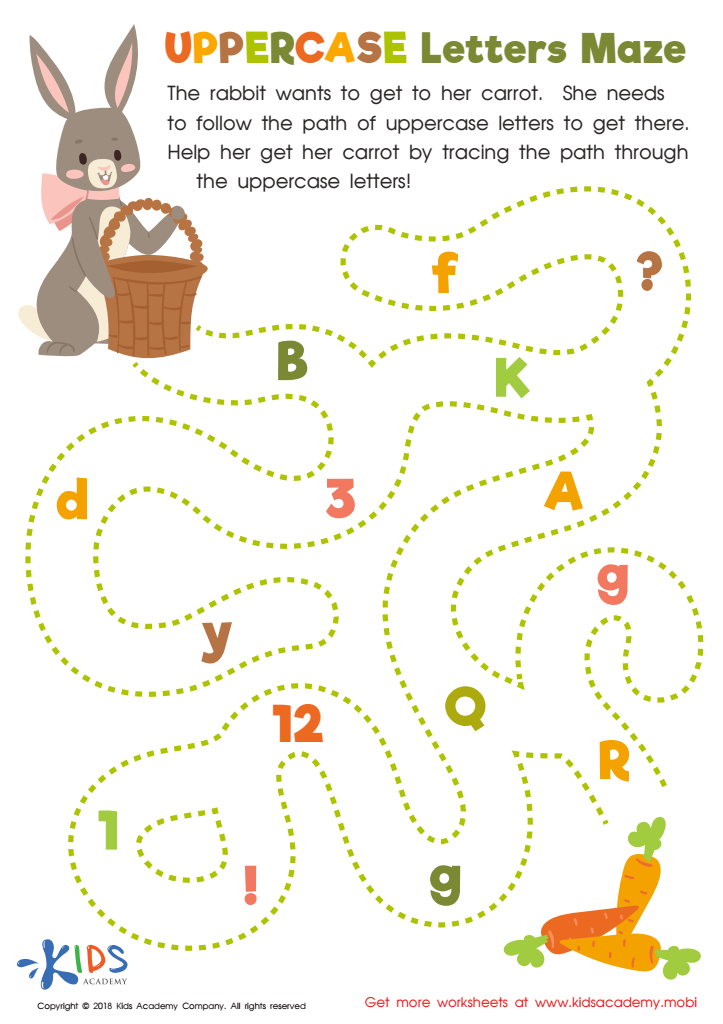

Uppercase Letters Maze Worksheet
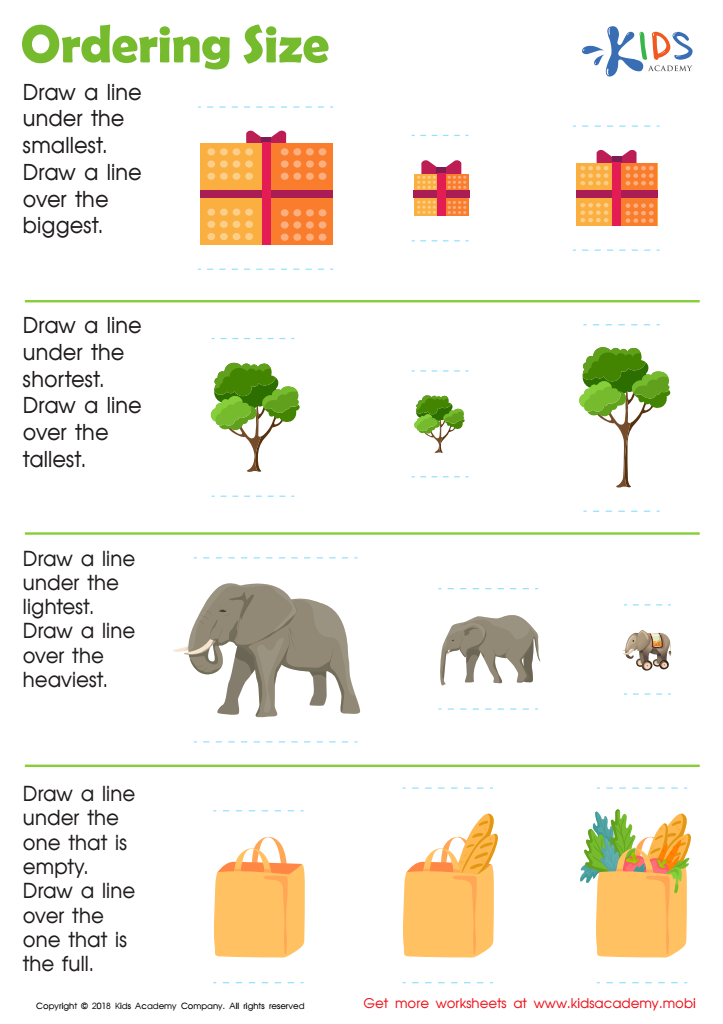

Ordering Size Worksheet
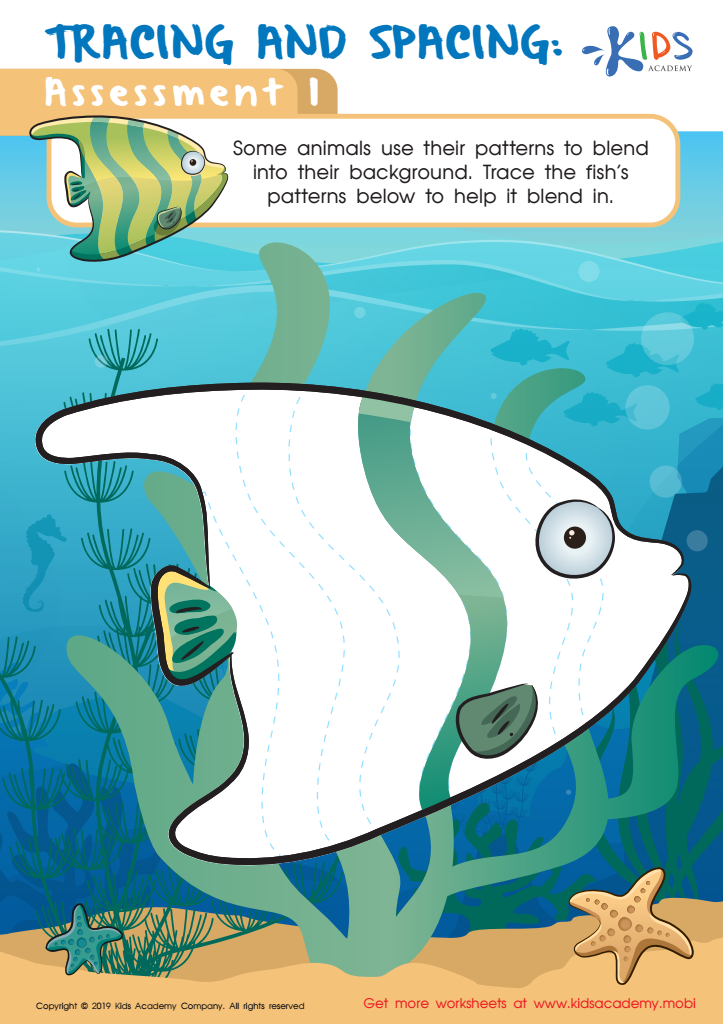

Tracing and Spacing: Assessment 1 Worksheet
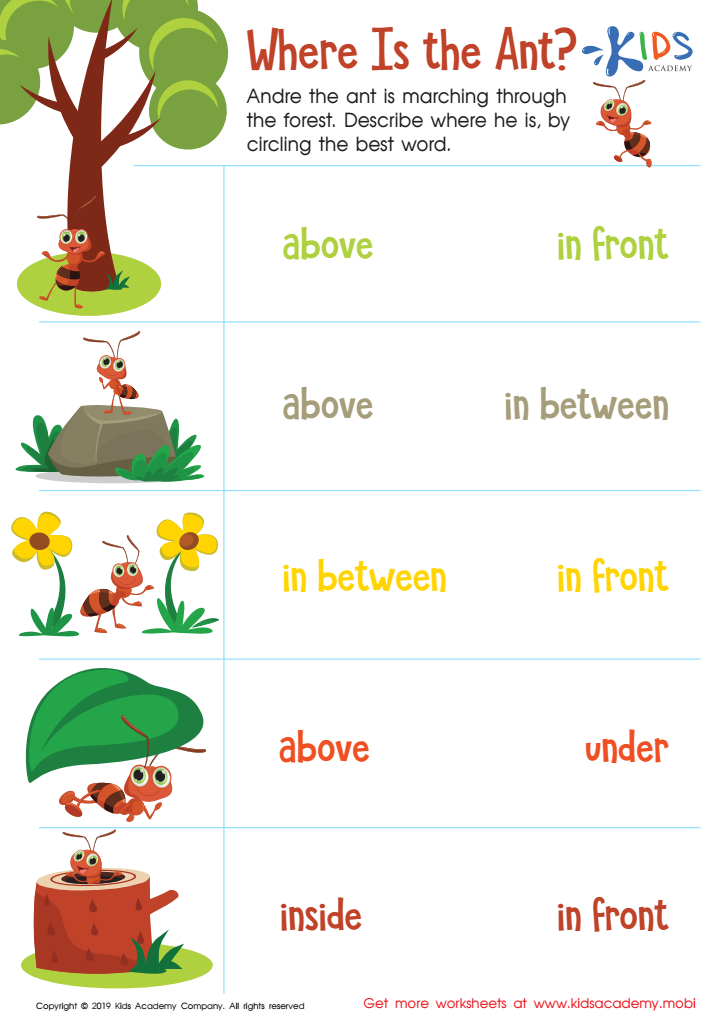

Where Is the Ant? Worksheet
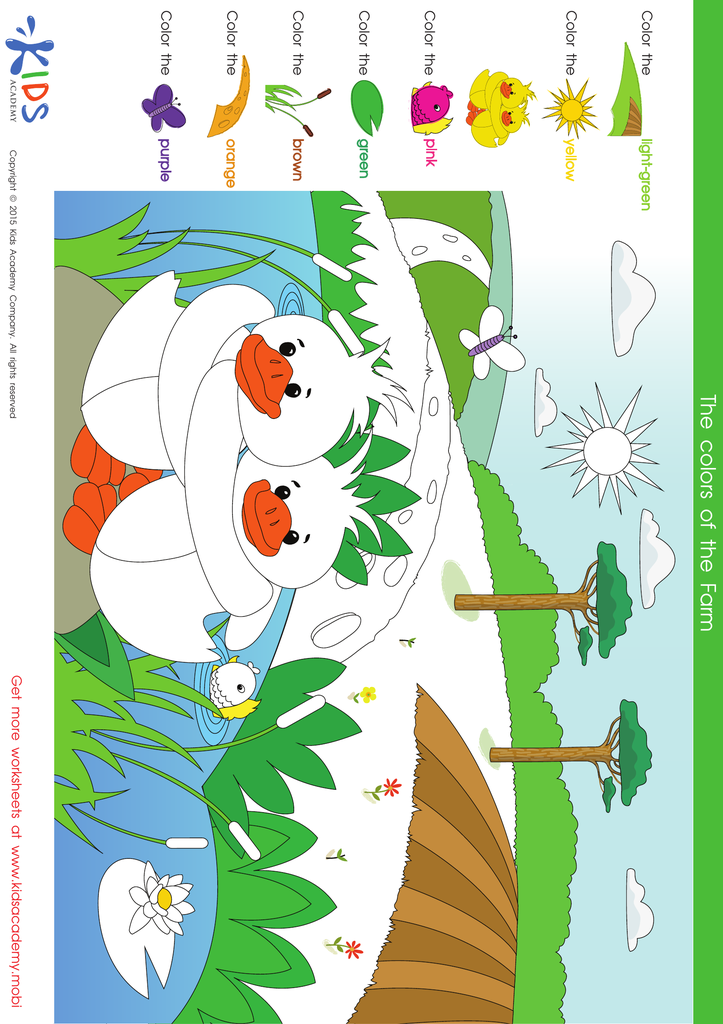

Color the Ducklings near the Pond Coloring Pages
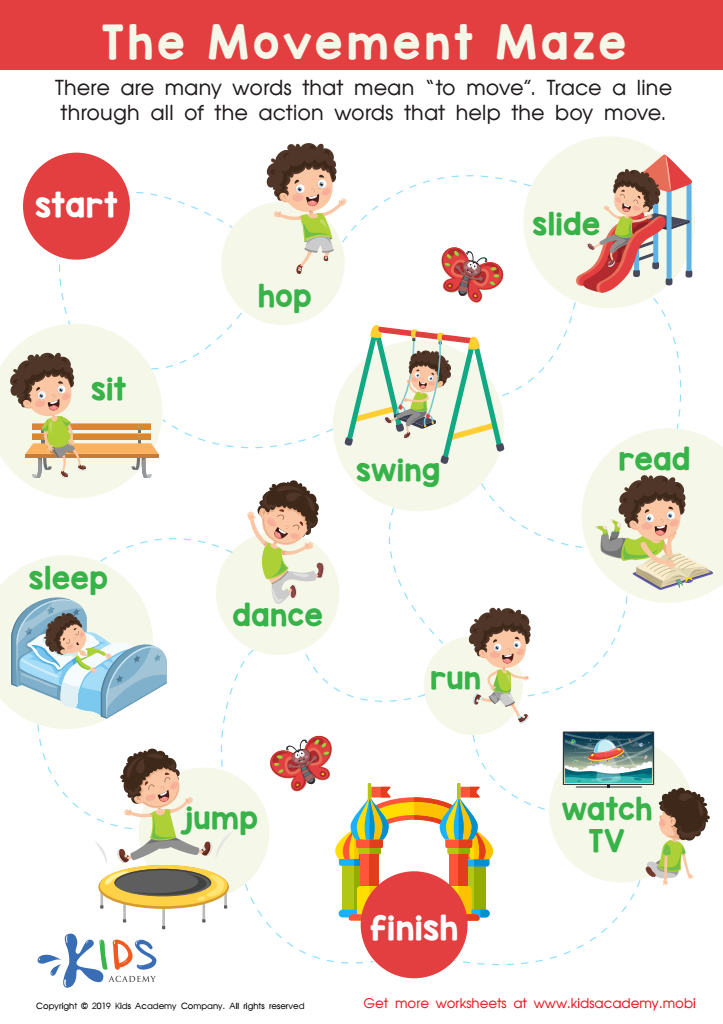

The Movement Maze Worksheet
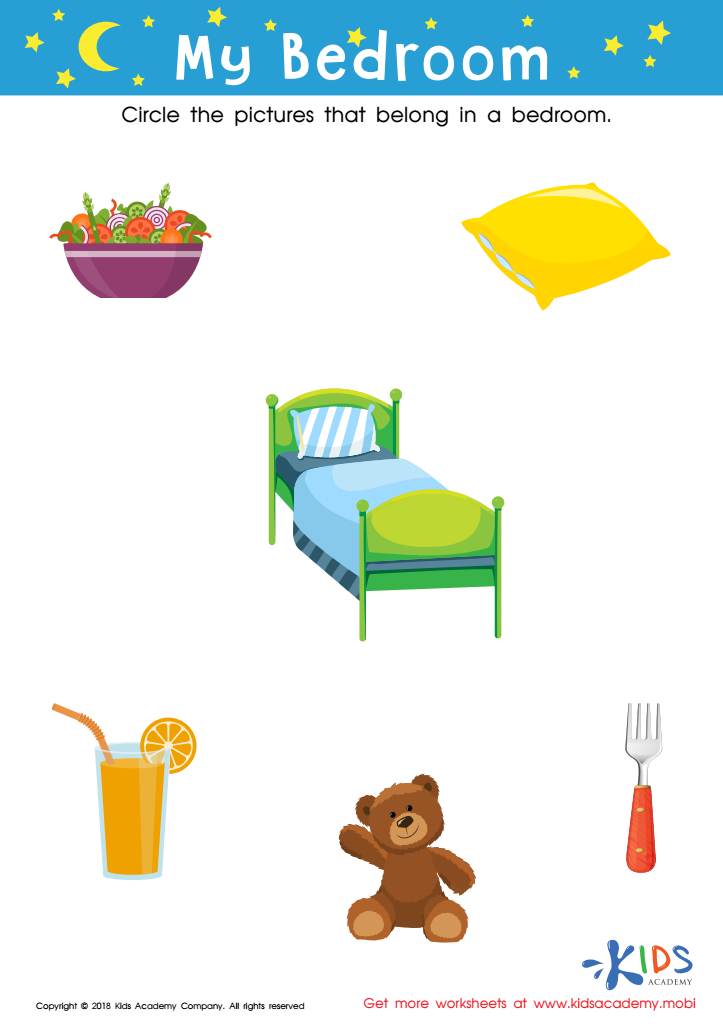

My Bedroom Worksheet
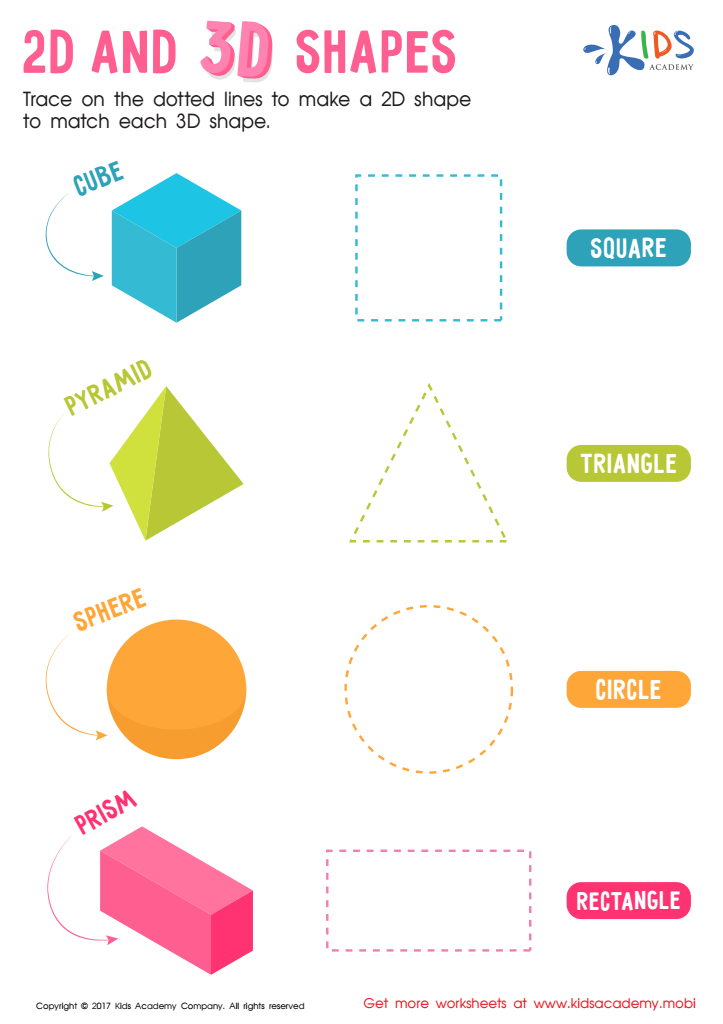

2D and 3D Shapes Worksheet
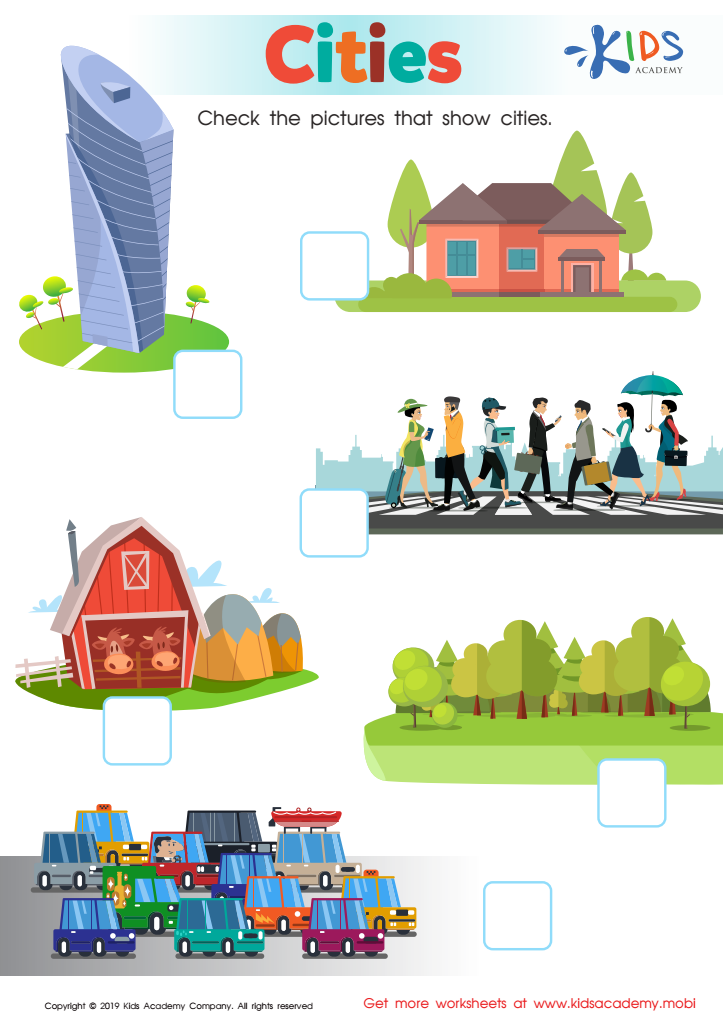

Cities Worksheet
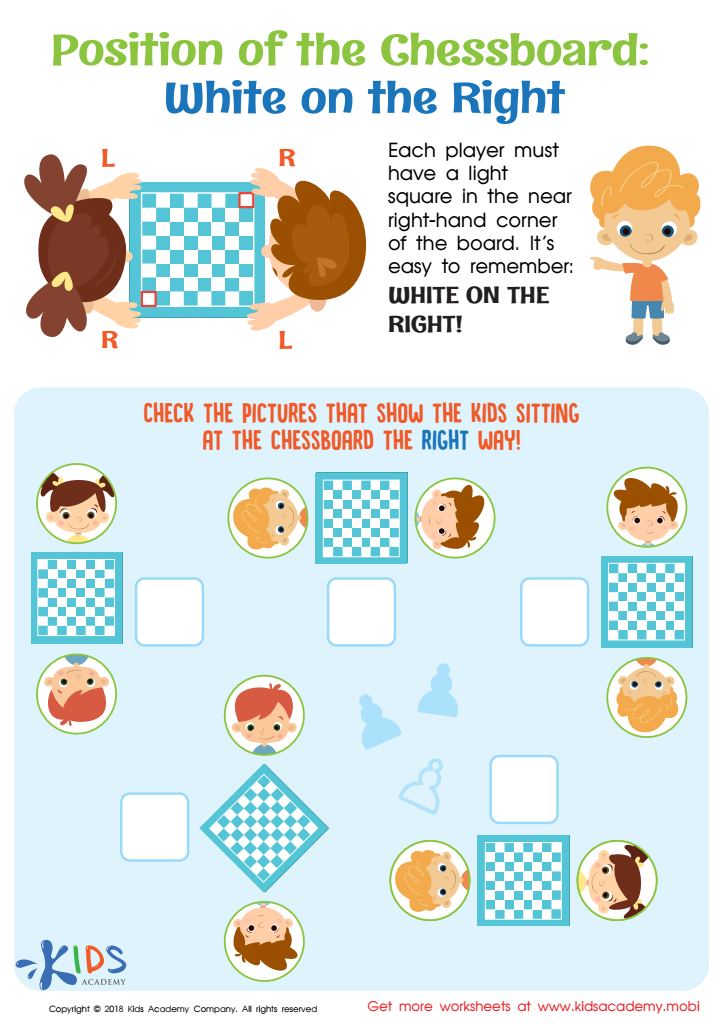

Position of the Chessboard: White on the Right Worksheet
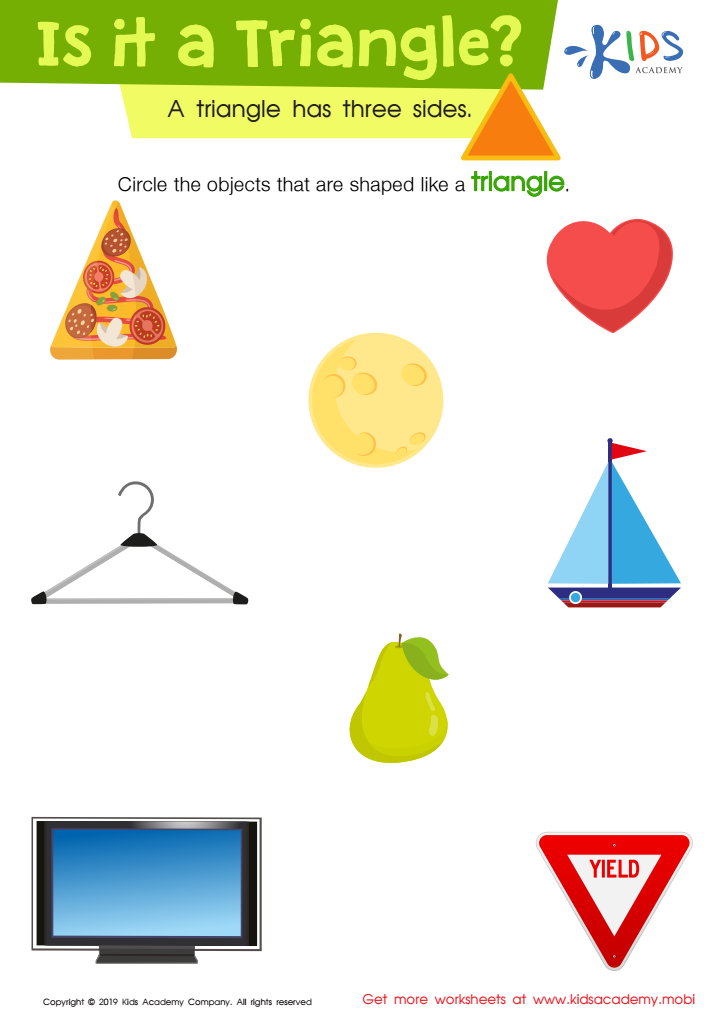

Is It a Triangle? Worksheet
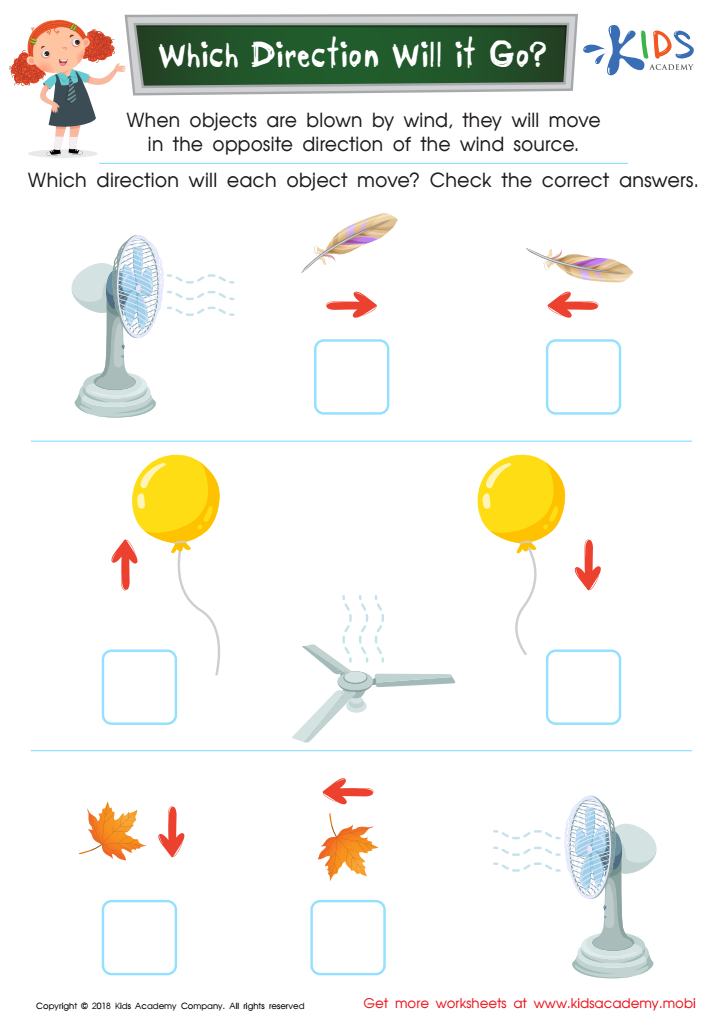

Which Direction Will it Go? Worksheet
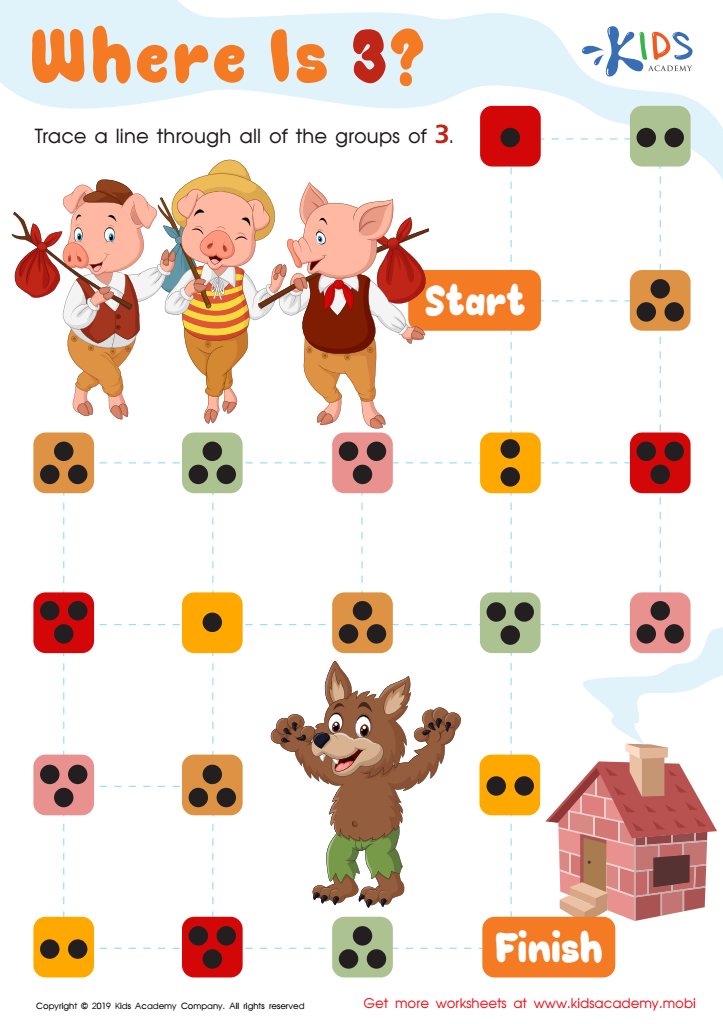

Where Is 3? Worksheet
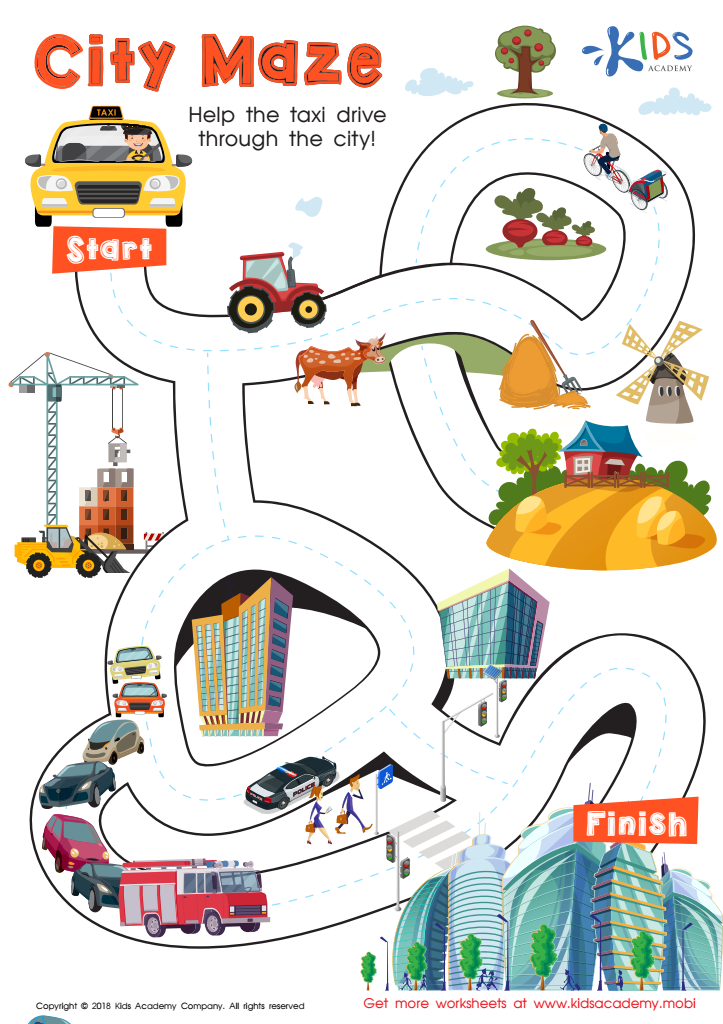

City Maze Worksheet
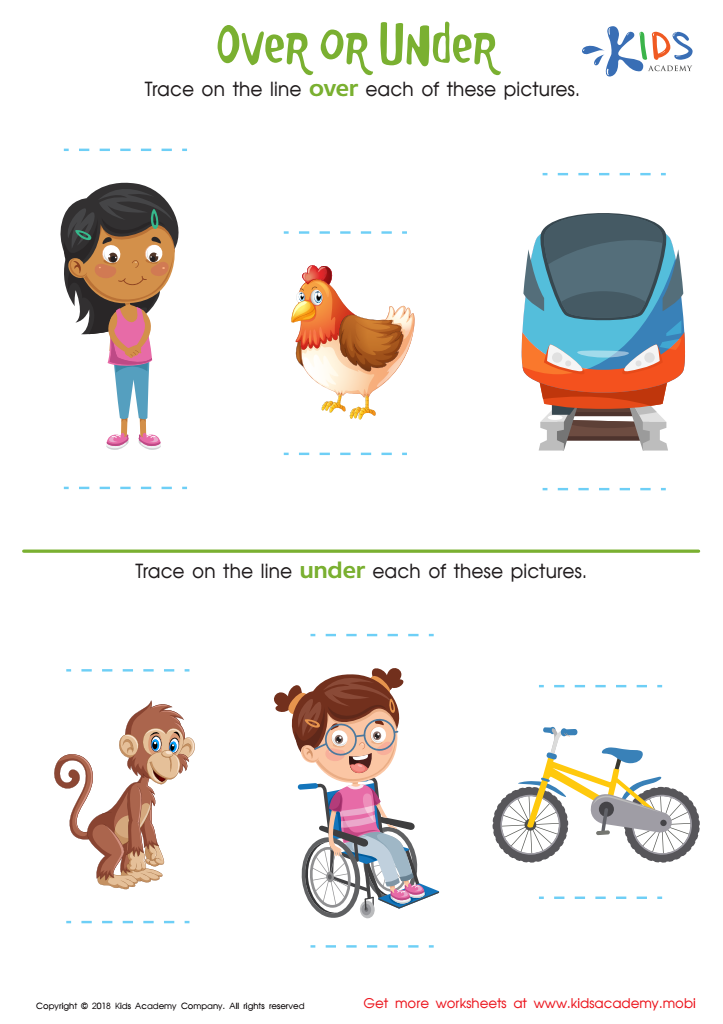

Over or Under Worksheet
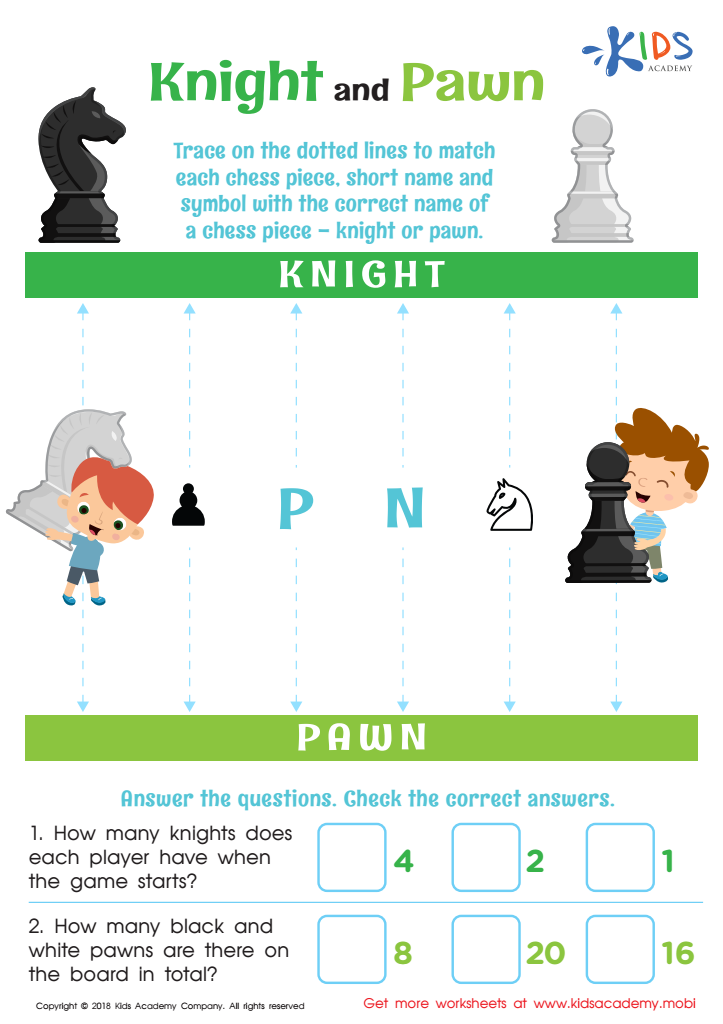

Knight and Pawn Worksheet
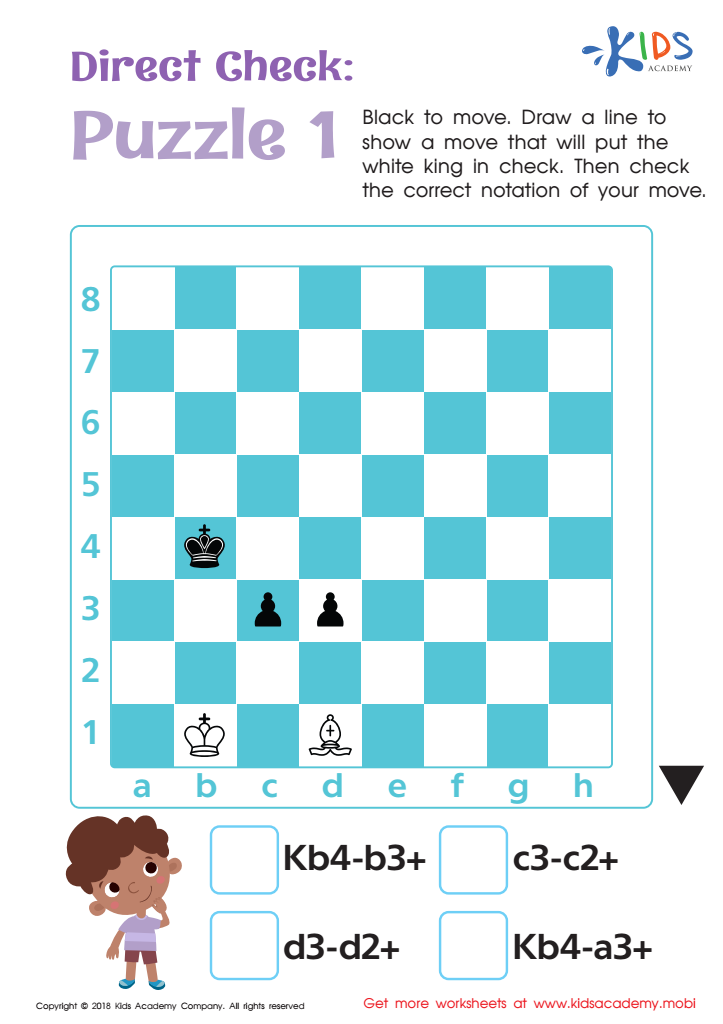

Direct Check: Puzzle 1 Worksheet
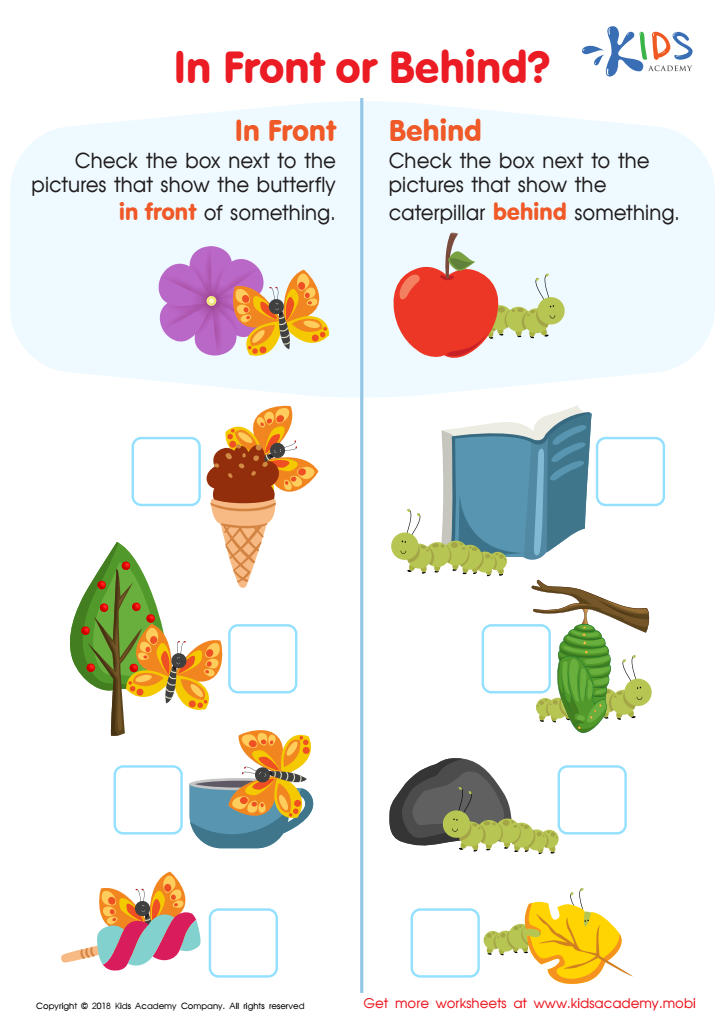

In Front or Behind Worksheet
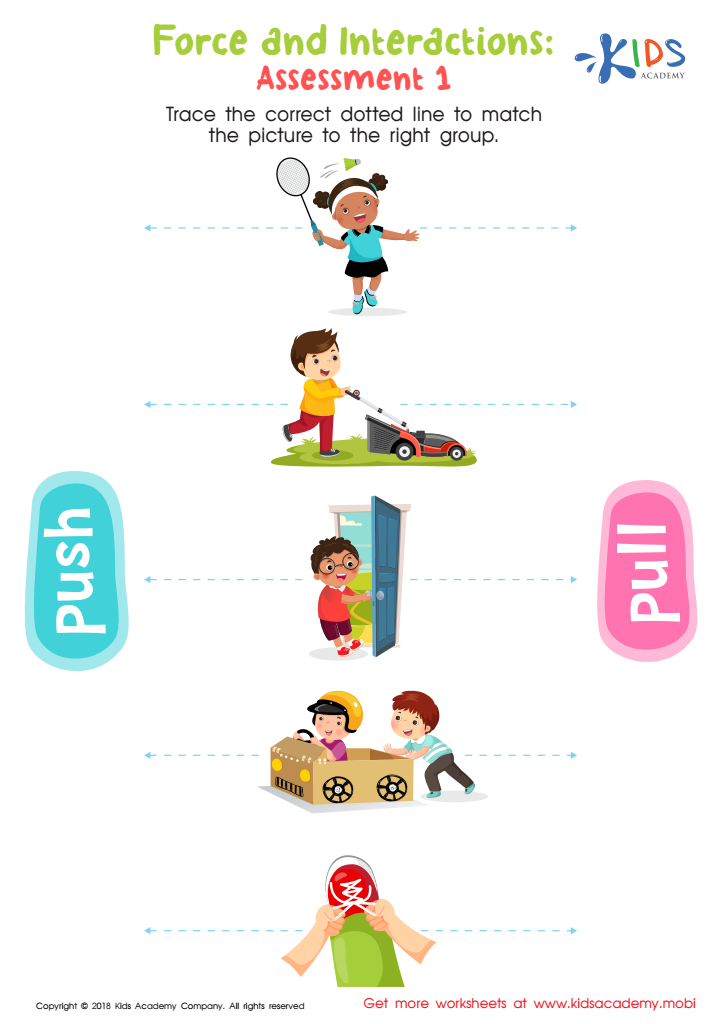

Force and Interactions: Assessment 2 Worksheet
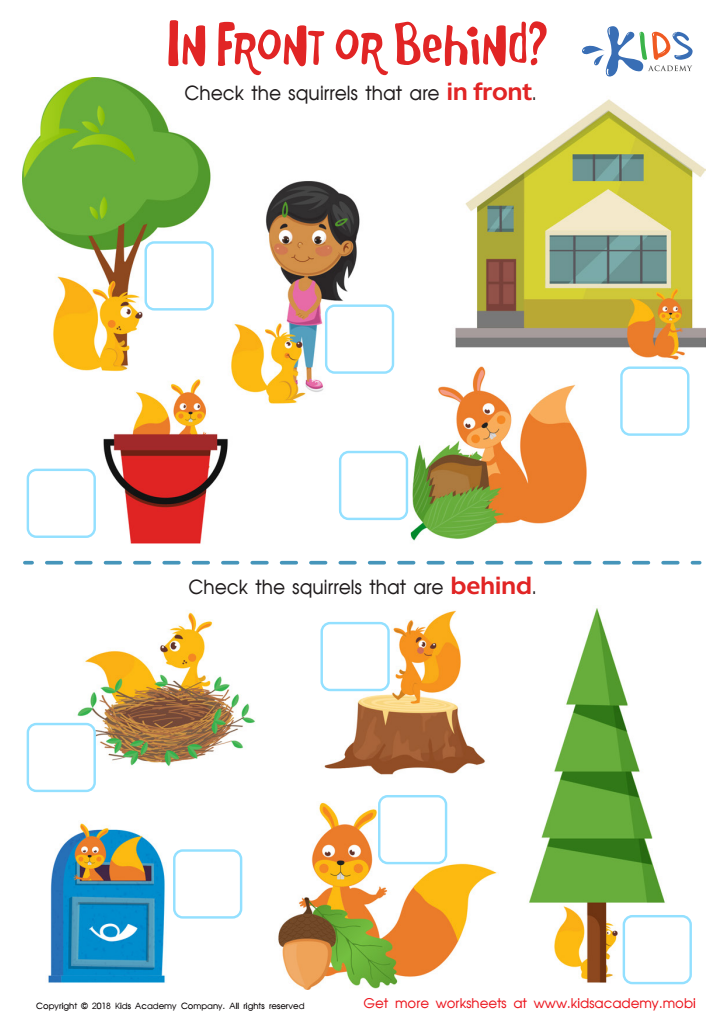

In Front or Behind: Part 2 Worksheet
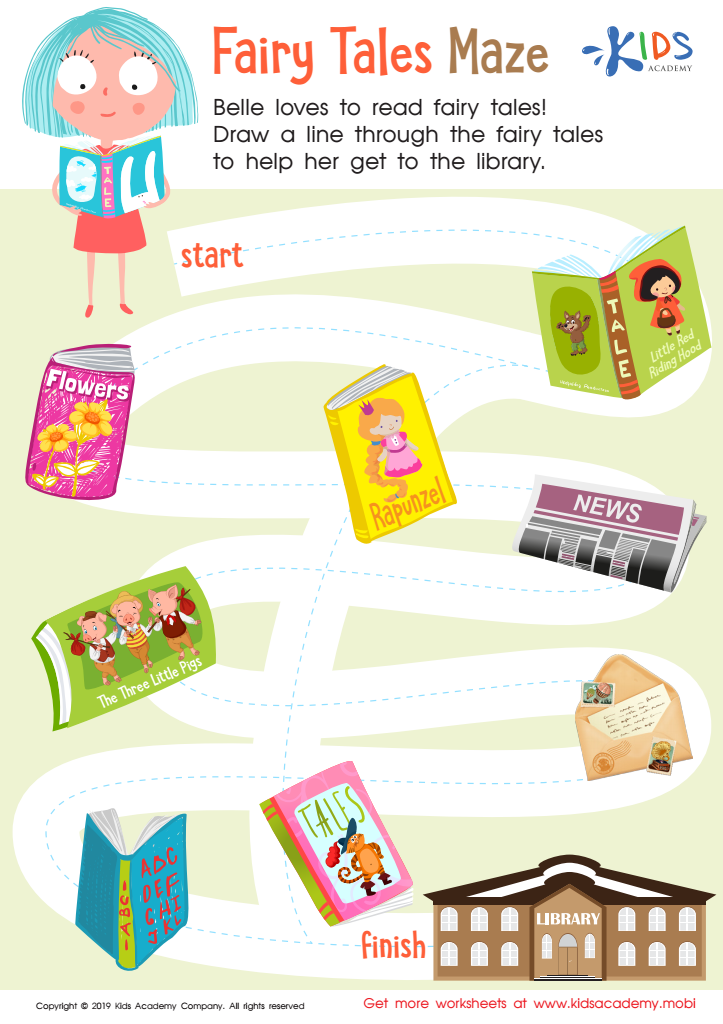

Fairy Tales Maze Worksheet
Spatial awareness is crucial for children aged 3-5 as it lays the foundation for essential life skills and cognitive development. At this early stage, children are developing their ability to understand the position and relationship of objects in space. This skill is important not just for spatial reasoning but is intertwined with concepts in math and science. For instance, recognizing shapes, sizes, and distances becomes vital later in life, influencing everything from geometry to navigation.
Parents and teachers should care about spatial awareness because it promotes coordination and motor skills. Activities that enhance spatial awareness, such as building blocks, puzzles, and outdoor play, encourage physical movement and interaction with the environment, fostering healthy development. Additionally, these activities stimulate cognitive skills like problem-solving and critical thinking.
Moreover, enhances early literacy skills as children learn directions (like left and right) and spatial vocabulary (like above, below, beside), which aid in reading comprehension later on. Ultimately, integrating spatial awareness into daily activities prepares children for academic success and equips them with the necessary tools to navigate their world effectively. By recognizing its importance, caregivers can curate experiences that promote enriched learning and development, benefiting children both now and in their future educational journeys.
 Assign to My Students
Assign to My Students








